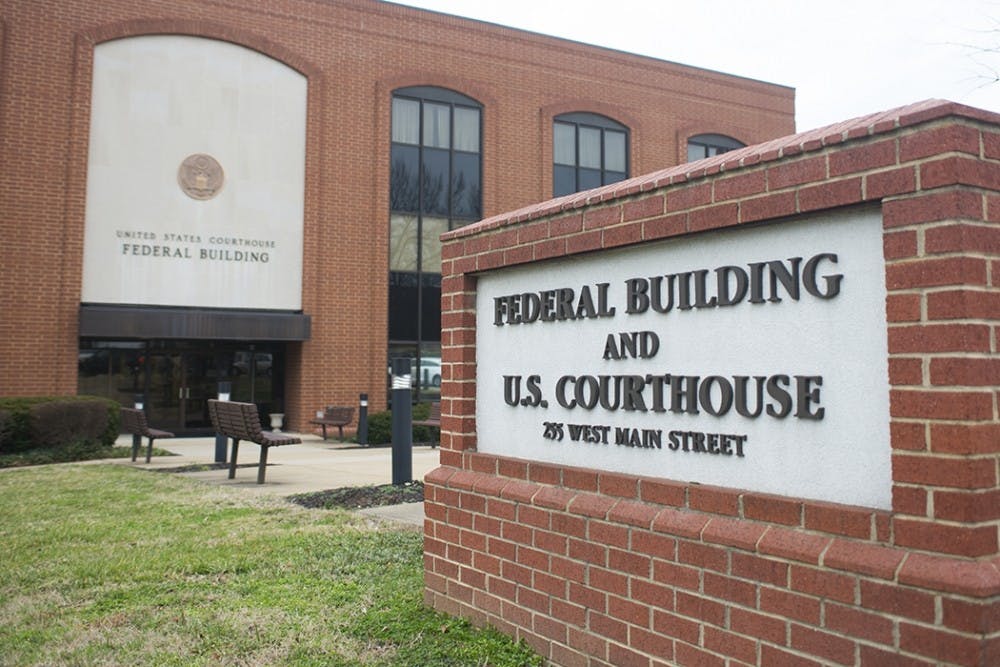After a federal injunction ruling in his favor, Jason Kessler and his lawyers have dropped a lawsuit against the City of Charlottesville over the city’s attempt to move the Aug. 12 ”Unite the Right” rally to McIntire Park.
An emergency injunction issued by a federal judge Aug. 11 allowed Kessler — a pro-white activist who organized the rally — to proceed with his original plans to hold the event in Emancipation Park, which is located in downtown Charlottesville.
The complaint, which originally called for declaratory and injunctive relief and damages, was filed with the assistance of the American Civil Liberties Union of Virginia and The Rutherford Institute on the grounds that Kessler was being denied his First Amendment right to free speech by not being allowed to express his message in Emancipation Park.
The City originally granted full permission for the rally to be held in Emancipation Park on June 13, but modified this permission to one which only allowed the rally to be held in Mcintire Park on Aug. 7.
An Aug. 7 letter to Kessler stated that “it [came] to the City’s attention that many thousands of individuals are likely to attend the demonstration.” The initial permit was revoked on the grounds that the city could not accommodate a peaceful rally of such size in Emancipation Park, a claim which Kessler found unacceptable because Emancipation Park was directly connected to his message against City Council’s vote earlier this year in favor of removing the Robert E. Lee statue in the park.
The lawsuit argued that the city did not provide sufficient notice and had not previously suggested that the Charlottesville Police Department would be unable to accommodate large crowds in Emancipation Park, thus making their modification an inappropriate restriction of free speech.
“The First Amendment prohibits the government from blocking a protest based on its content or viewpoint, or based on how the government anticipates others will respond to the protest,” the lawsuit said. “The revocation of Plaintiff’s permit was based on his viewpoint and was not necessary to achieve any compelling governmental interest.”
Federal judge Glen E. Conrad ultimately sided with Kessler.







